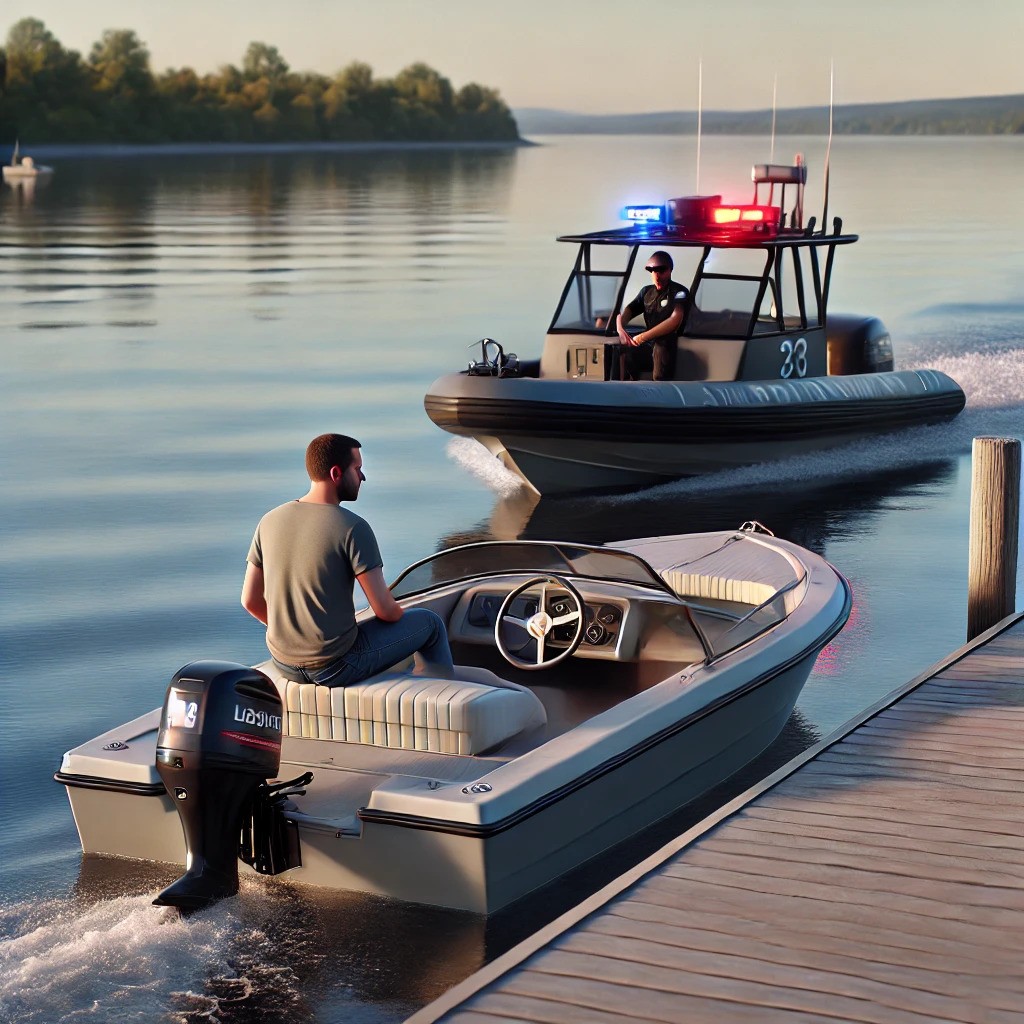Boating Crimes in Georgia
Boating is a popular activity in Georgia, thanks to the numerous lakes and pleasant weather throughout the year. However, there are several crimes associated with boating that can quickly turn a fun day on the water into a legal nightmare. Boating offenses carry significant penalties, so it’s essential to understand Georgia’s boating laws and how to avoid criminal charges. At Downie Law, LLC, I, Jack M. Downie Sr., have extensive experience with boating-related offenses and am ready to assist you with your case. Contact my office to speak with a top-rated Georgia Boating Lawyer today.
Boating Laws in Georgia
To ensure safety on the water, Georgia has established specific regulations governing the operation of boats. Although thousands of people enjoy boating each year, many accidents and fatalities occur due to non-compliance with these laws.
- Boating Education: Anyone born on or after January 1, 1998, must complete a boating education course to legally operate a boat. The course can be completed online or in person, with some courses available for free and others costing around $29.99.
- Boating Under the Influence (BUI): Similar to DUI, Georgia’s Boat Safety Act prohibits operating a boat with a blood alcohol content (BAC) of .08 or higher. For those under 21, the limit drops to .02. By operating a boat on Georgia waters, you automatically consent to alcohol or drug testing if requested by law enforcement. Refusing the test can result in losing your boating privileges for up to one year.
Common Boating Crimes in Georgia
- Boating Laws Compliance: Before hitting the water, it’s crucial to familiarize yourself with all of Georgia’s boating laws and regulations. Failing to comply can result in a suspension of your boating license.
- Boating Under the Influence (BUI): Operating a watercraft under the influence of alcohol or drugs carries similar penalties to a DUI. If charged with BUI, a Georgia Boating Attorney can help you fight the case.
- Homicide by Vessel: This serious charge occurs when a death results from the operation of a watercraft. It can lead to first-degree or second-degree homicide charges, both of which carry severe penalties.
- Serious Injury by Vessel: This charge is brought when someone is severely injured due to the operation of a watercraft, often as the result of an accident. A skilled Georgia Boating Lawyer can assist in building your defense.
Georgia Case Law Example
Understanding how Georgia boating laws are applied in court can be insightful. In Bowling v. State (275 Ga. App. 45, 2005), Daniel Bowling was observed by a Georgia Department of Natural Resources officer driving his boat on Lake Lanier at night without a stern light. After being pulled over for a safety inspection, Bowling appeared confused and was unable to produce the required life jackets and registration. The officer noticed signs of alcohol consumption and, after Bowling failed to complete field sobriety tests and refused a breath test, he was arrested for boating under the influence.
The court found Bowling guilty beyond a reasonable doubt, noting that his refusal to submit to testing, his erratic behavior, and the circumstantial evidence all demonstrated impaired judgment due to alcohol.
Possible Penalties for Boating Crime Convictions
- Boating Under the Influence (BUI): A BUI conviction is typically treated as a misdemeanor, with penalties including a $1,000 fine, up to one year in jail, or both.
- Serious Injury or Homicide by Vessel: These are generally classified as felonies, carrying significant fines, lengthy prison sentences, and a suspension of boating privileges for up to three years. Additionally, convictions may require the defendant to attend a boater safety course.
A Georgia Boating Attorney can work to mitigate these penalties and protect your rights.
Defenses a Georgia Boating Lawyer Can Use
Several defenses may be available depending on the specifics of your case:
- No Predicate Offense: If you are not guilty of the underlying offense, such as DUI, you cannot be convicted of felony serious injury by vessel.
- Adhering to Idle Speed: If speed is a factor in your case, proving that you were adhering to the appropriate speed can be a defense against more severe charges like first-degree homicide by vessel.
- Lack of Influence: Demonstrating that you were not under the influence of alcohol, drugs, or toxic vapors can lead to reduced or dismissed charges.
Contact Downie Law, LLC
Boating charges are serious, and having experienced legal representation is crucial. I am available 24/7, including nights, weekends, and holidays, to help you fight your case. Let Downie Law, LLC, provide the expert defense you need. Contact me today at (912) 537-9265 or jack@downielaw.net for a consultation.


